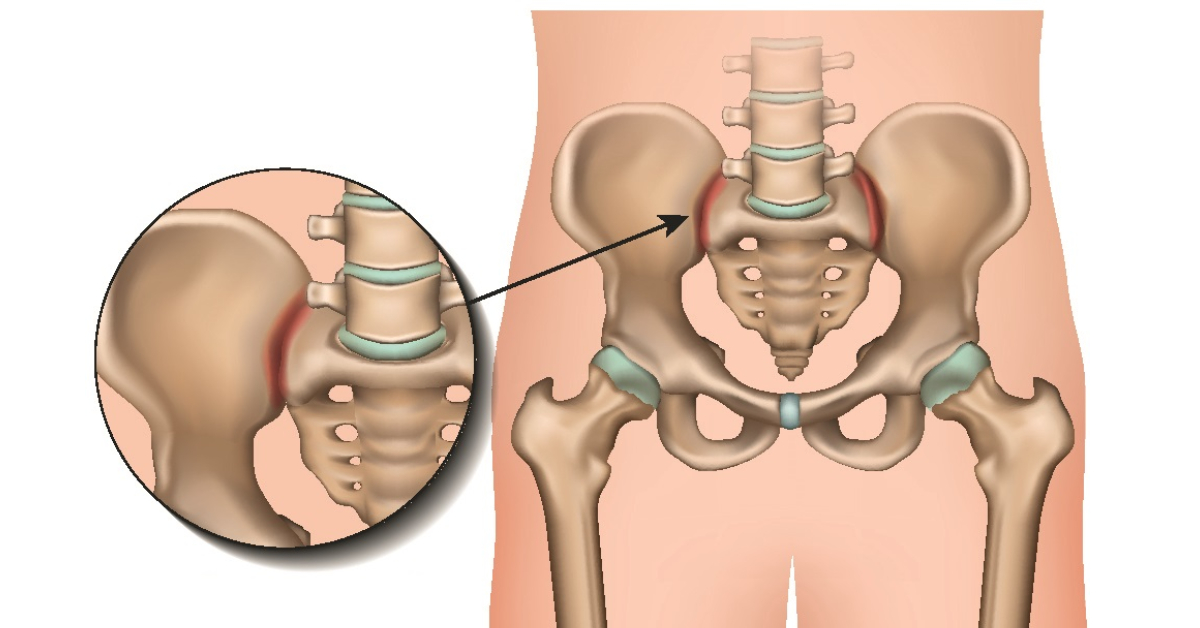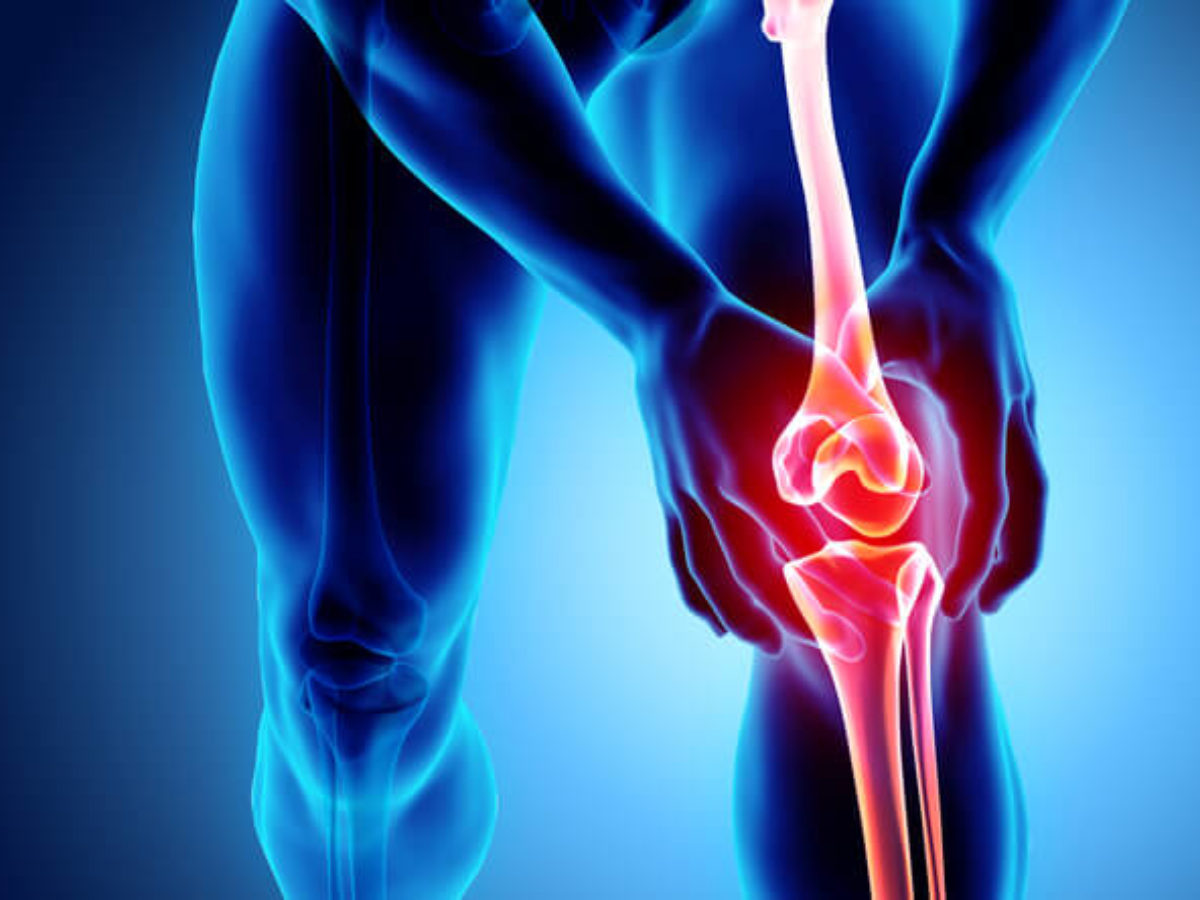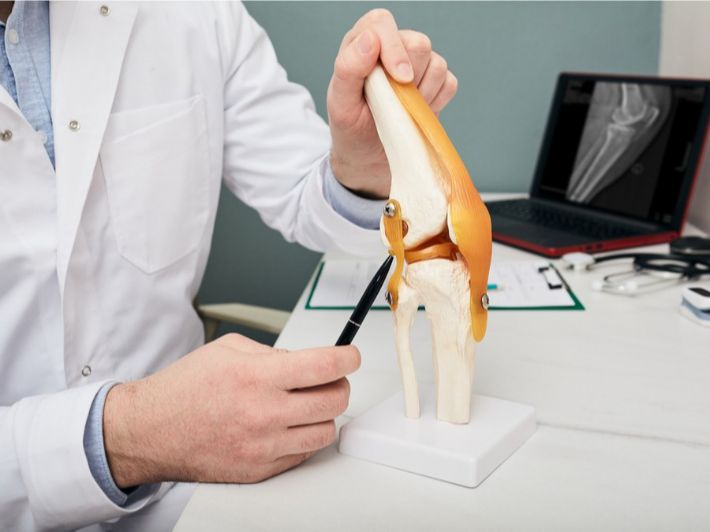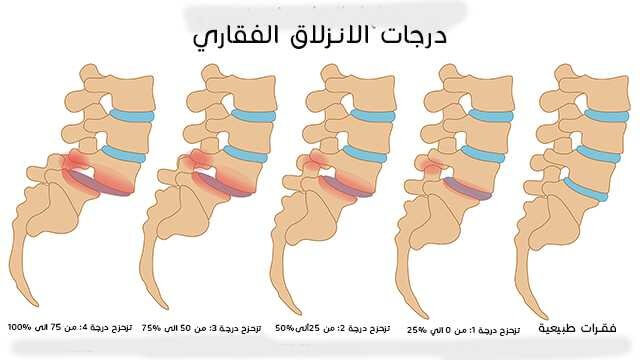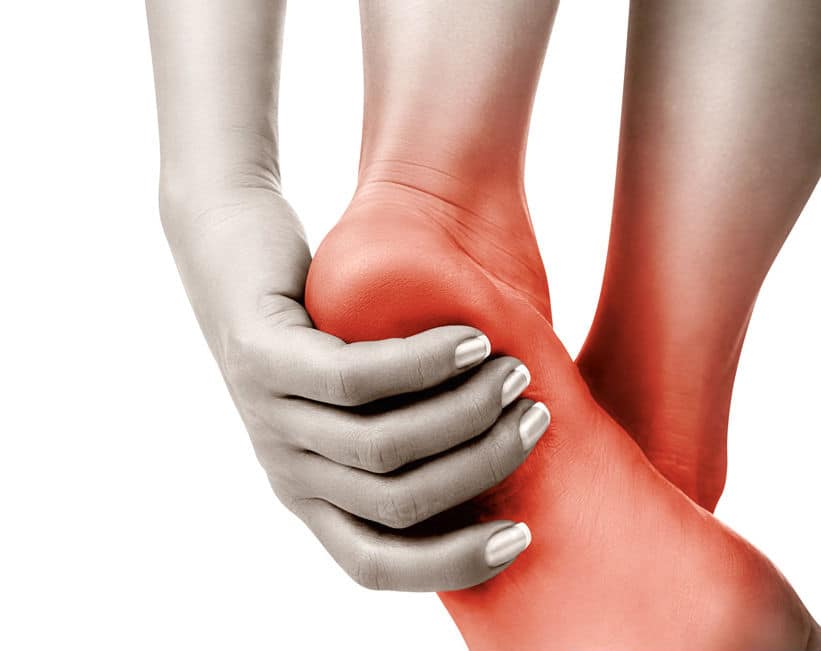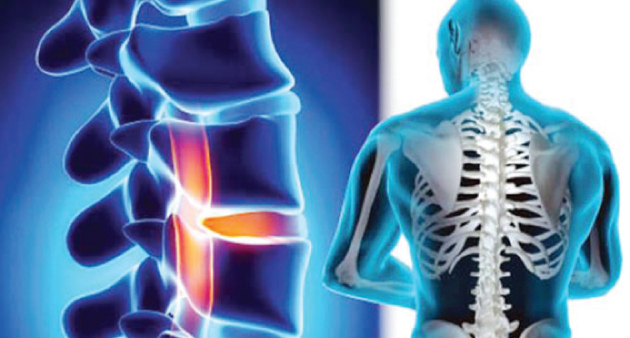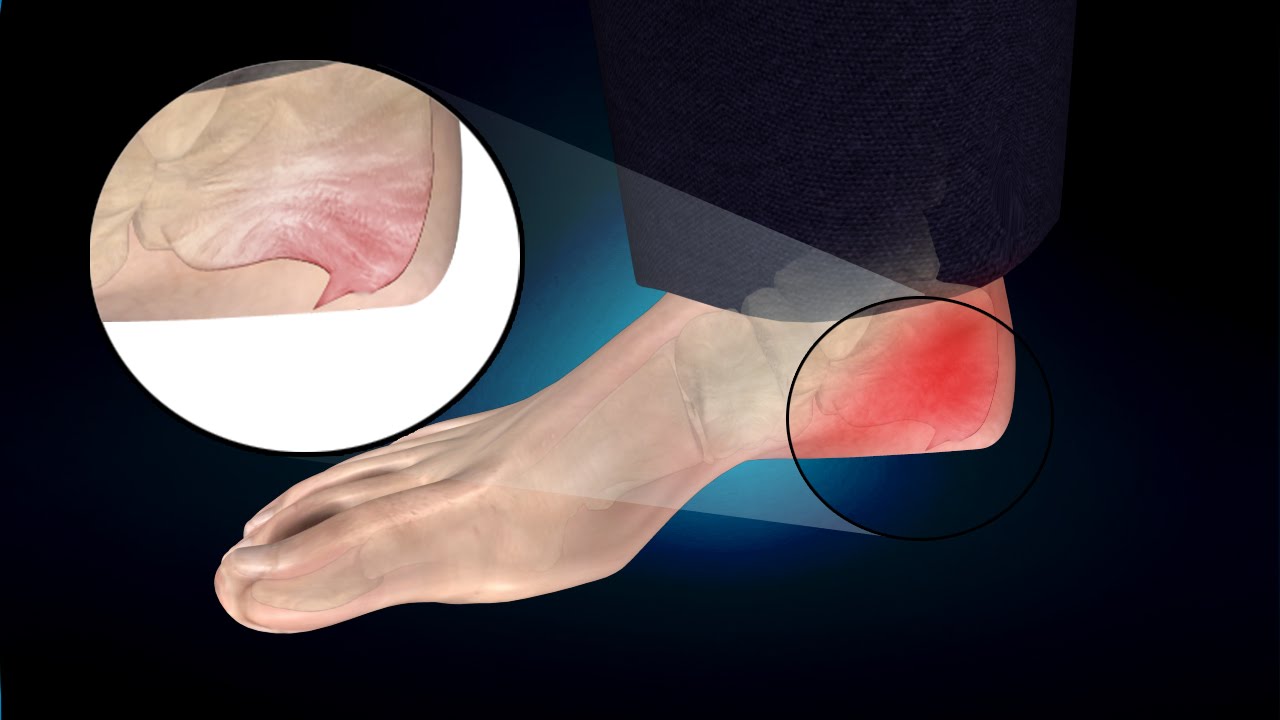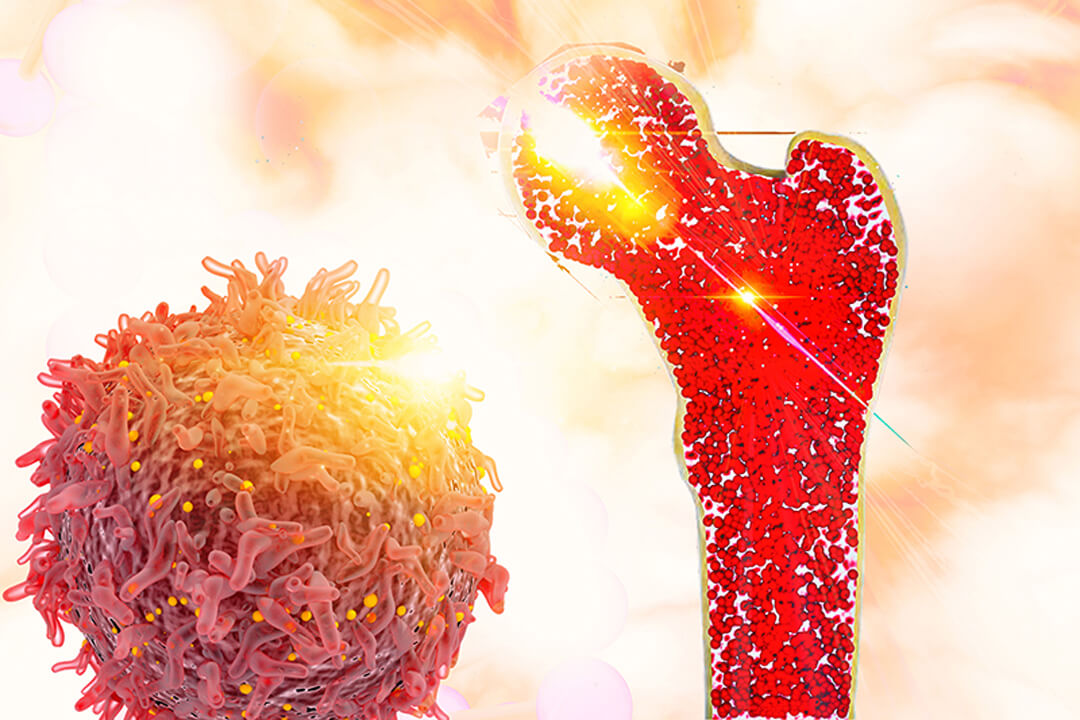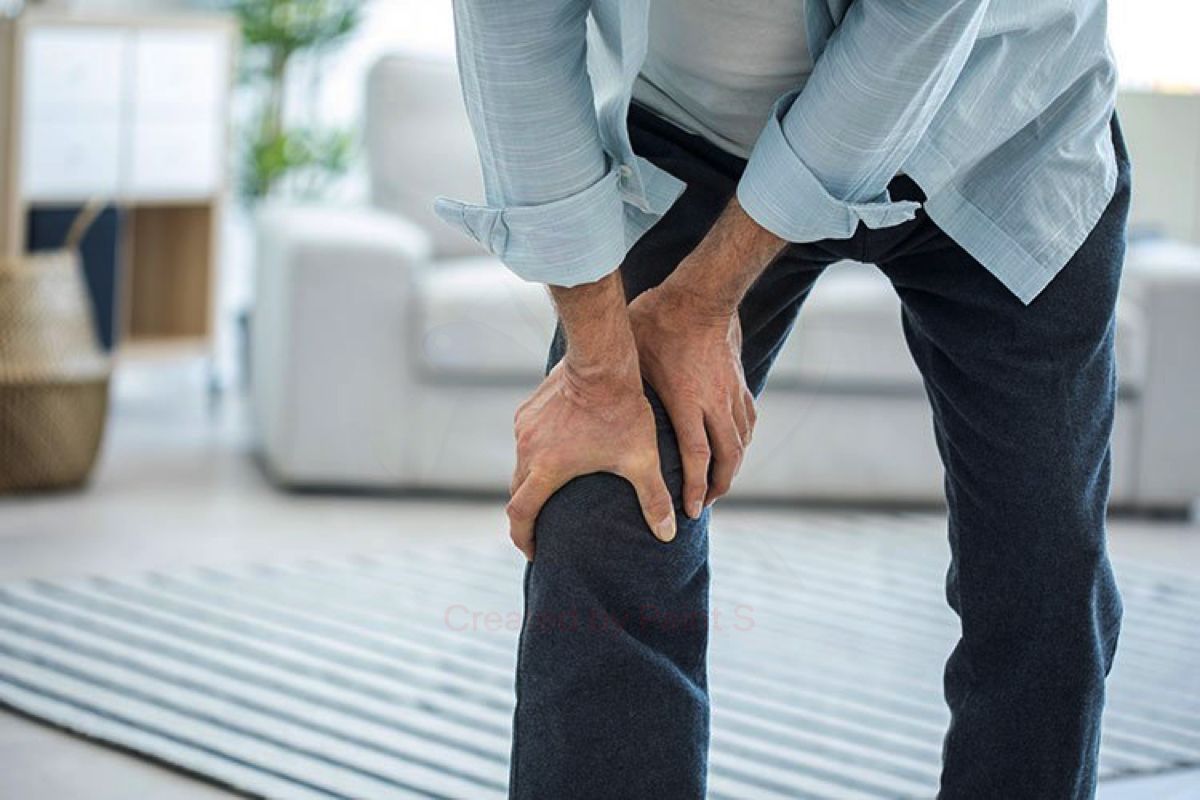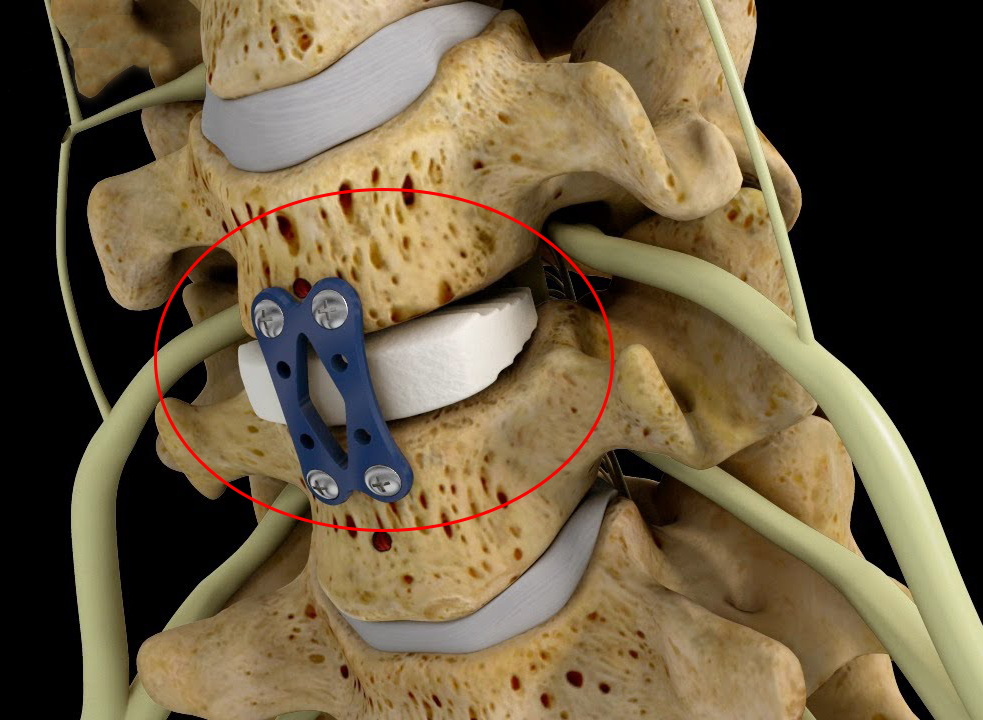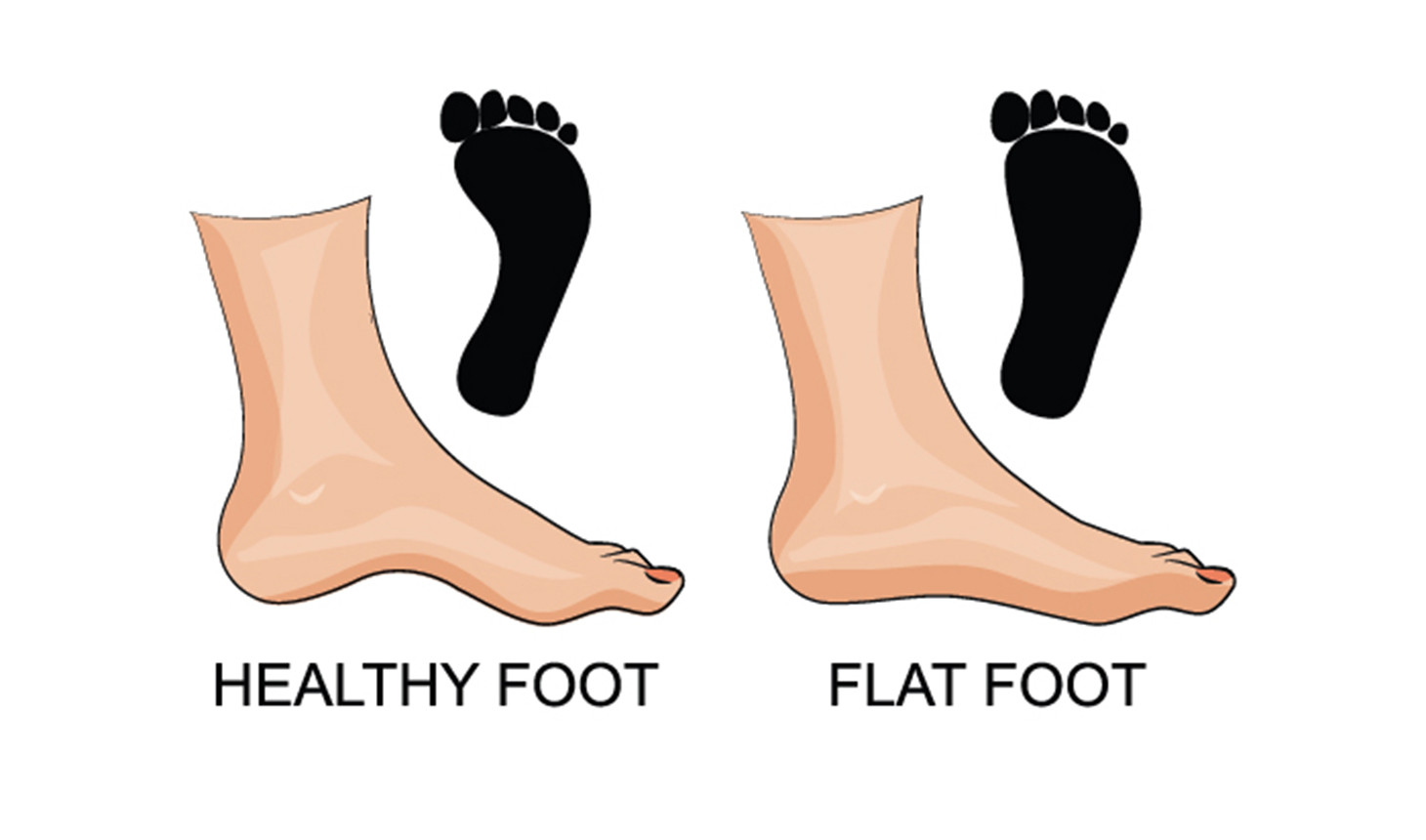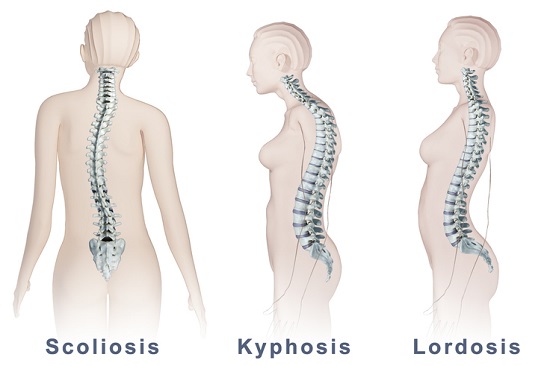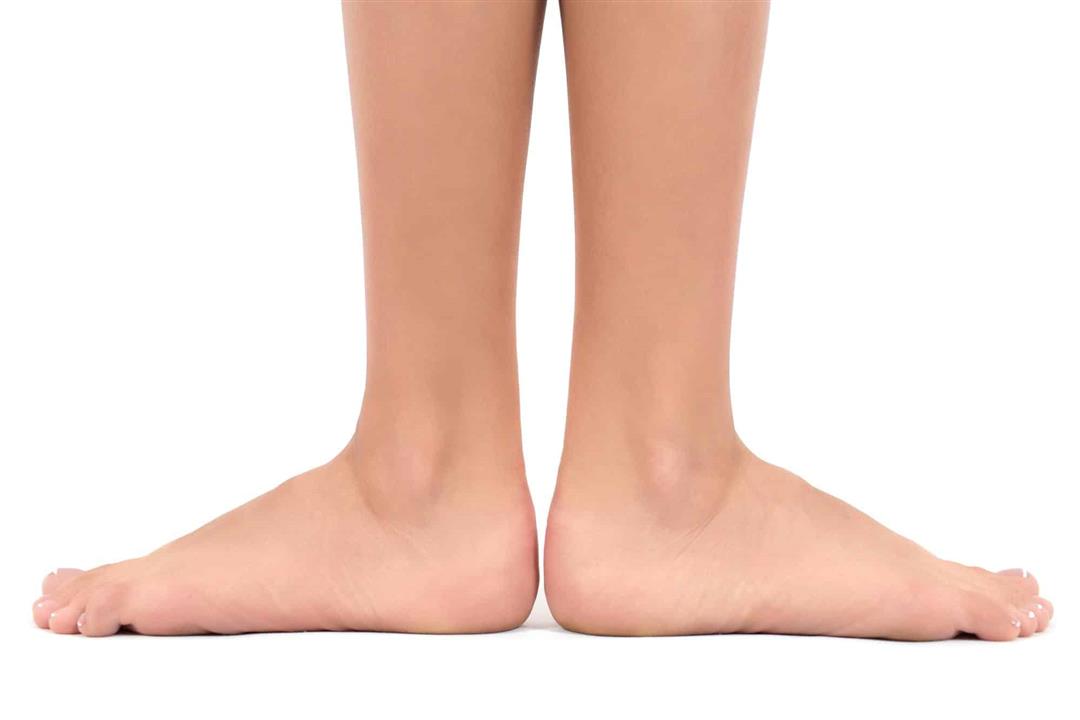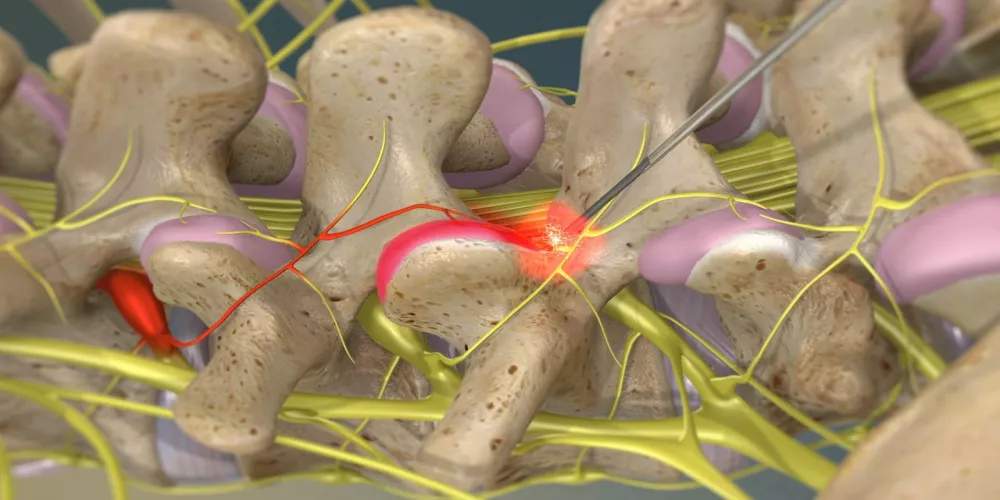How do I know that I suffer from vitamin D deficiency?
Vitamin D is one of the important elements of the human body, which plays without a foundation in the distribution of minerals within the body and other tasks that are difficult to dispense with, and we show you the following symptoms of vitamin D deficiency in the body.
How do I know that I suffer from vitamin D deficiency?
Vitamin D is one of the fat-soluble elements, and it is one of the essential vitamins in the movement of minerals within the body and helps in distributing them in a balanced manner, and helps in the absorption of calcium inside the body to be of great benefit from it.
Vitamin D is of great importance in regulating minerals and their loss rate in the body and increases the body’s ability to benefit from and absorb nutrients. Vitamin D also enhances the immune system’s ability to resist cancer cells and immune diseases.
Vitamin D deficiency and the body’s need for it harms more than one vital process in it and causes a continuous feeling of lethargy, weakness, and hair loss that increases beyond the normal rate. Some people also suffer from anemia and osteoporosis due to poor absorption of calcium by the body.
Symptoms of vitamin D deficiency
Some physical and psychological signs may indicate a deficiency and need for vitamin D in the body, including:
- Feeling tired and stressed.
- Having muscle pain.
- Osteomalacia and rickets in children.
- Infection due to a weakened immune system.
- hair loss
- Constant pain in the joints.
- Feeling anxious and depressed.
How to Diagnose a Vitamin D Deficiency
Doctors follow some diagnostic procedures to determine the level of vitamin D in the body, including the following:
- Clinical examinations
The doctor starts by recognizing the symptoms that appear on the patient and the visible physical signs, such as the presence of a bow in the legs in children.
- The person’s medical history
The patient’s medical history, in addition to the symptoms, can reveal a lot about the impact of vitamin D deficiency on the body, as well as the bad habits, especially the diet, that the person follows and affects the lack of vitamin D.
- Laboratory examinations
The doctor asks the patient for some tests, including the percentage of vitamin D in the blood and an analysis of the percentage of parathyroid hormone in the body.
Does vitamin D deficiency cause body heat?
One of the health problems of vitamin D deficiency is that it affects the immune system, which makes the person more vulnerable to diseases that result in a high temperature, and an imbalance in the level of vitamin D in the body may reduce the percentage of estrogen, which results in a feeling of body heat.
Cause of vitamin D deficiency
There are more than one reason that may affect vitamin D in the body and increase its deficiency, including:
- The body’s inability to absorb vitamin D.
- Taking medications that inhibit the secretion of liver enzymes.
- overweight.
- Not exposure to the sun enough time.
- Unhealthy diet.
- Some liver and kidney diseases, such as cirrhosis.

